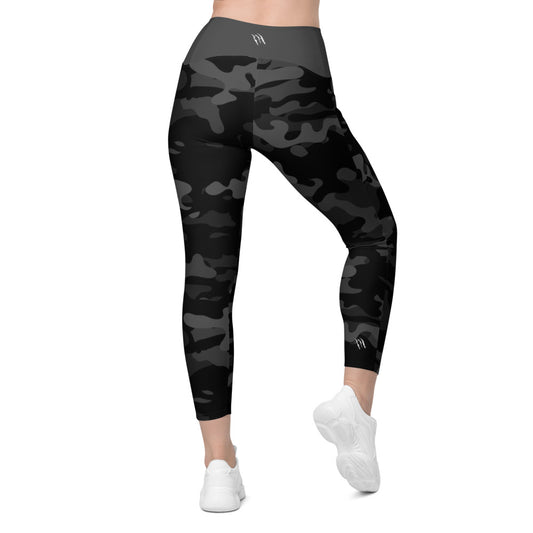
Cod Vs Krill - Which to choose?
Share
Cod and krill are both popular choices for adding protein and other nutrients to the diet. But with so many options available, it can be difficult to decide which one is the best choice for you. In this blog, we'll explore the differences between cod and krill, examining their nutritional profiles, sustainability, and environmental impact. By the end, you'll have a better understanding of which option is the best fit for your dietary needs and preferences. So, let's dive in and take a closer look at cod vs krill!
Cod Vs Krill - Which to choose?
Cod Liver Oil Top 5
Top 5 health benefits of cod liver oil
- Supports heart health. The star ingredient in cod liver oil is omega-3 fatty acid, a polyunsaturated fat. ...
- Mood-boosting. Omega-3 fatty acids, specifically DHA, are important brain nutrients. ...
- May support improved memory. ...
- Supports bone health. ...
- May be beneficial for rheumatoid arthritis
- Excellent Source of Healthy Fats
- Can Help Fight Inflammation
- Might Reduce Arthritis and Joint Pain
- Could Improve Blood Lipids and Heart Health
- It’s Easy to Add to Your Routine
More about KRILL OILS>>
Krill Oil (Euphausia superba) is a natural source of high concentration omega 3 oil, the powerful antioxidant astaxanthin, as well as high levels of phospholipids - a fundamental component of human cell membranes. It contains two types of Omega 3 fatty acid: eicosapentaenoic acid (EPA) and docosahexaenoic acid (DHA).
Krill oil is used for the same reasons as cod liver oil, flax oil and other omega 3 fatty acids, but is often favoured because it does not cause fishy burps or an after-taste - a common side effect of fish oil.
The fact that it contains astaxanthin is also unique. The ultimate antioxidant - researchers have found that it may be more powerful than vitamin E, beta-carotene and lutein. It can also enhance the action of other antioxidants, such as vitamin E and C.
More About FISH OILS>>
Fish Oils provide a carefully blended combination of these healthy fats (high in EPA and DHA), balanced to optimal levels of each to ensure adequate intake of the essential polyunsaturated and monounsaturated fatty acids.
Omega 3 and 6 fatty acids are essential and must be sourced from the diet. Omega 9 fatty acid is not considered essential (as it can be manufactured by the body), but its inclusion in the diet has been associated with a range of health benefits.
Summary
All in all both are great for very similar reasons, it wouldn't be wise to take both as 1 would be enough. Fish oils are cheaper than Krill but Krill with some studies showing that krill oil may be better absorbed by the body and more effective at improving risk factors for heart disease. My Choice is the Krill.







